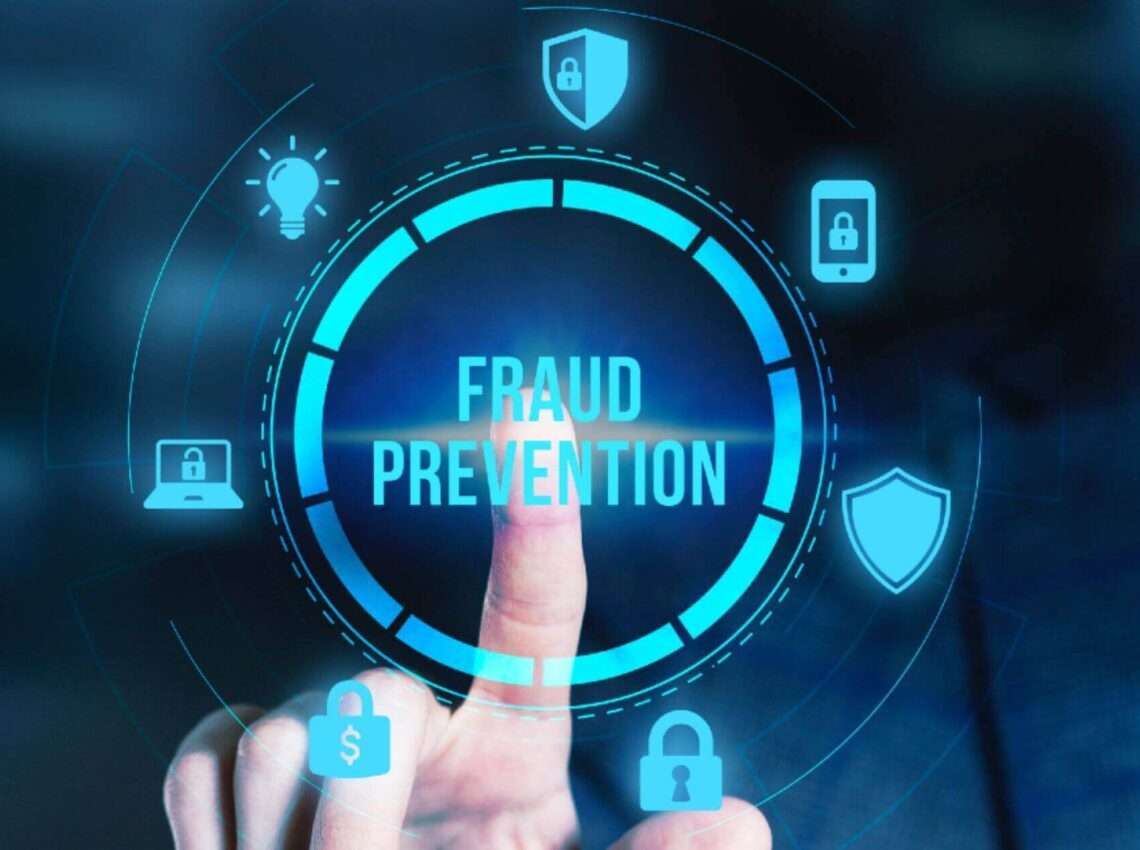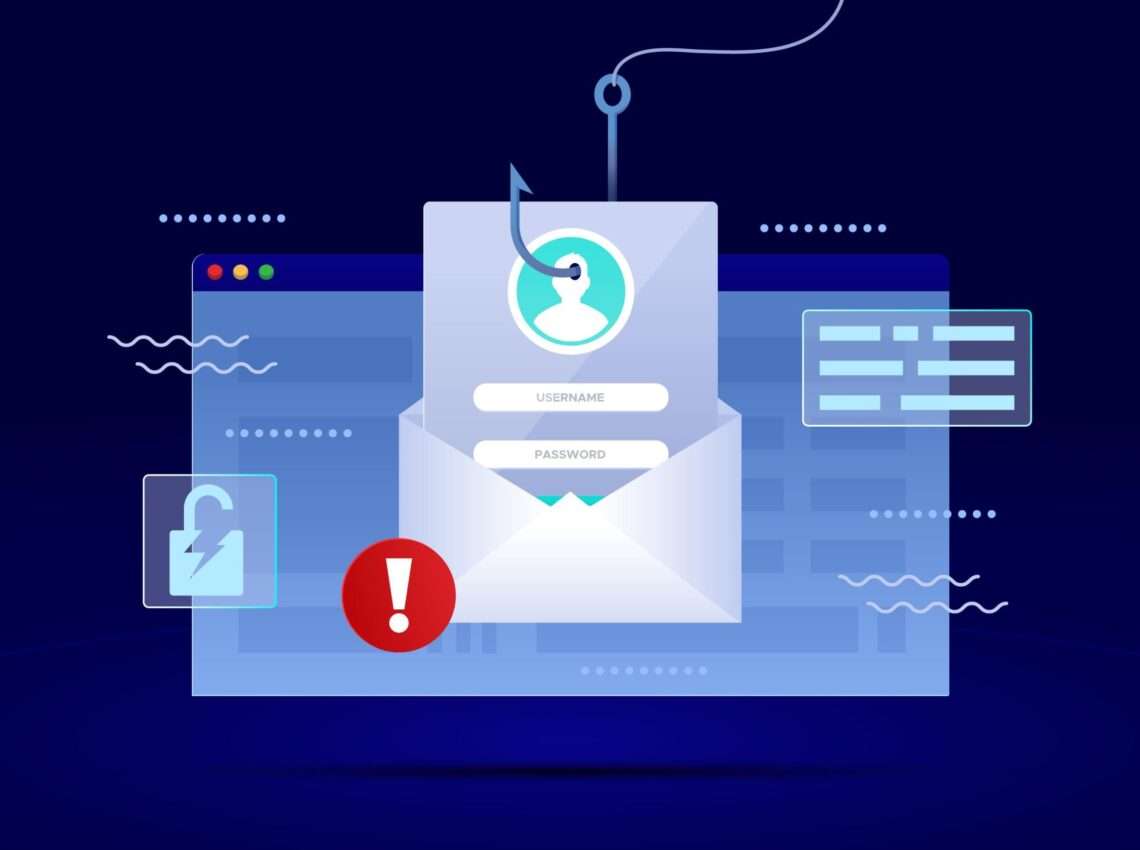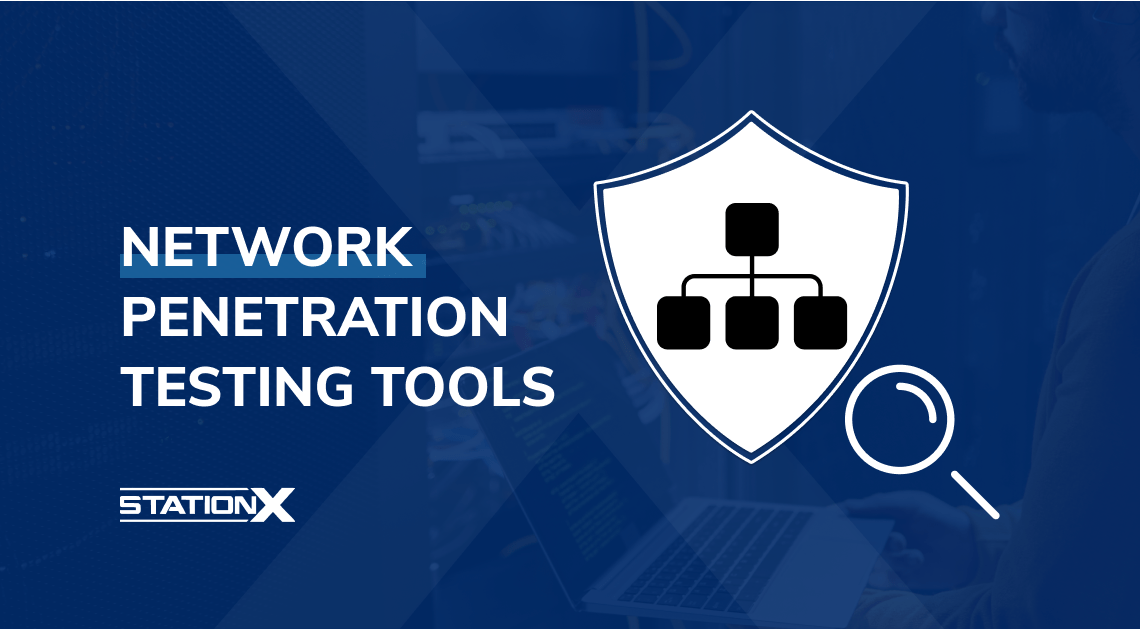Introduction
With the digital world growing, so do online scams. Cyber fraud affects millions of people each day. Fortunately, securing your online identity is not as difficult as it may seem. Five dependable tips will assist you in keeping your digital life secure.
Email scams have evolved into sophisticated attacks that can fool even the most tech-savvy people. We’ll lose a billion dollars to cybercrime in 2023. Online shoppers, bankers, and social media users must maintain a high level of safety.
Understand Common Types of Online Fraud
Let’s start from scratch. It seems that phishing attacks are everywhere these days. Thousands of fake emails were sent last week, asking customers to “verify” their accounts. Despite the fact that these emails looked genuine, used the bank’s logo, and even had a professional tone, they were fraudulent. But they were all fake.
They’re committing identity theft when somebody steals your info. There are many ways to make fake tax returns, including taking loans. Fraudulent use of credit cards is not the only threat that is prevalent. Identity theft is another. An ATM skimmer or a compromised website can let a criminal steal your card details.
Takeovers are the newest thing. Using your social media or email accounts, hackers scam your family and friends. They might send messages asking for emergency money transfers or spread malicious links.
Strengthen Personal Security Measures
Create strong passwords to protect your information. Let’s not use password123 or birthdays. Mix up letters, numbers, and symbols. For example, “MyDog!Loves2Play” is much stronger than “password123”. Each account needs its own unique password.
Authentication with two factors adds an additional layer of security. Your password and a code sent to your phone are required to log in. Despite knowing your password, even someone with your phone cannot access your account.
Make sure your personal info stays private. Have you ever wondered what your mother’s maiden name was, what your first pet was, or where you lived as a child? Your security questions can be cracked by scammers by using those details.
Stay Informed About Technology and Security Tools
Anti-virus software is essential, but not all are created equal. Premium options like Norton or Bitdefender offer real-time protection against malware. Free alternatives like Avast or AVG work well for basic protection.
Your devices need regular updates. Those annoying update notifications? They often contain crucial security patches. Weekly system updates are a good idea.
VPNs encrypt your connection and make it harder for hackers to access it. If you use public Wi-Fi, such as the kind available in coffee shops and airports, you can use a VPN, which is a type of security tunnel.
Recognize and Avoid Fraudulent Interactions
Spotting fake emails has become an art. Real companies won’t ask for sensitive information via email. You’ll want to avoid poor grammar, generic greetings, or urgent requests.
It’s easy to spot fake websites. Check the URL carefully. Amazon.com is legit, but Amazon-special-deals.com is fake. Look for the padlock in the address bar of your browser if you want to enter any payment information.
Social media scams often play on emotions. That desperate message from a “stranded friend” needing money? Call them directly to verify before sending any cash.
Practice Safe Financial Management
Check your bank statements weekly, not monthly. The sooner you spot unauthorized charges, the easier they are to dispute. Many banks offer text alerts for purchases over a certain amount – set these up.
Public Wi-Fi networks are convenient but dangerous for banking. Save financial transactions for your secure home network or mobile data connection.
Conclusion
Online safety isn’t about living in fear – it’s about being smart and prepared. These tips aren’t just theory; they’re practical steps that work in the real world. By making them part of your daily routine, you’re building a strong defense against online fraud.
FAQs
If you suspect account compromise, first change your password. Then contact your bank or service provider immediately. They can often reverse unauthorized charges if you act quickly.
Browser password storage is convenient but risky. A dedicated password manager offers better security and works across all your devices.
Update your passwords every three months. Set a reminder on your phone – when the seasons change, change your passwords.
Real companies never pressure you to act immediately. If an email creates urgency about your account or money, it’s likely a scam. Legitimate businesses give you time to verify and respond.




